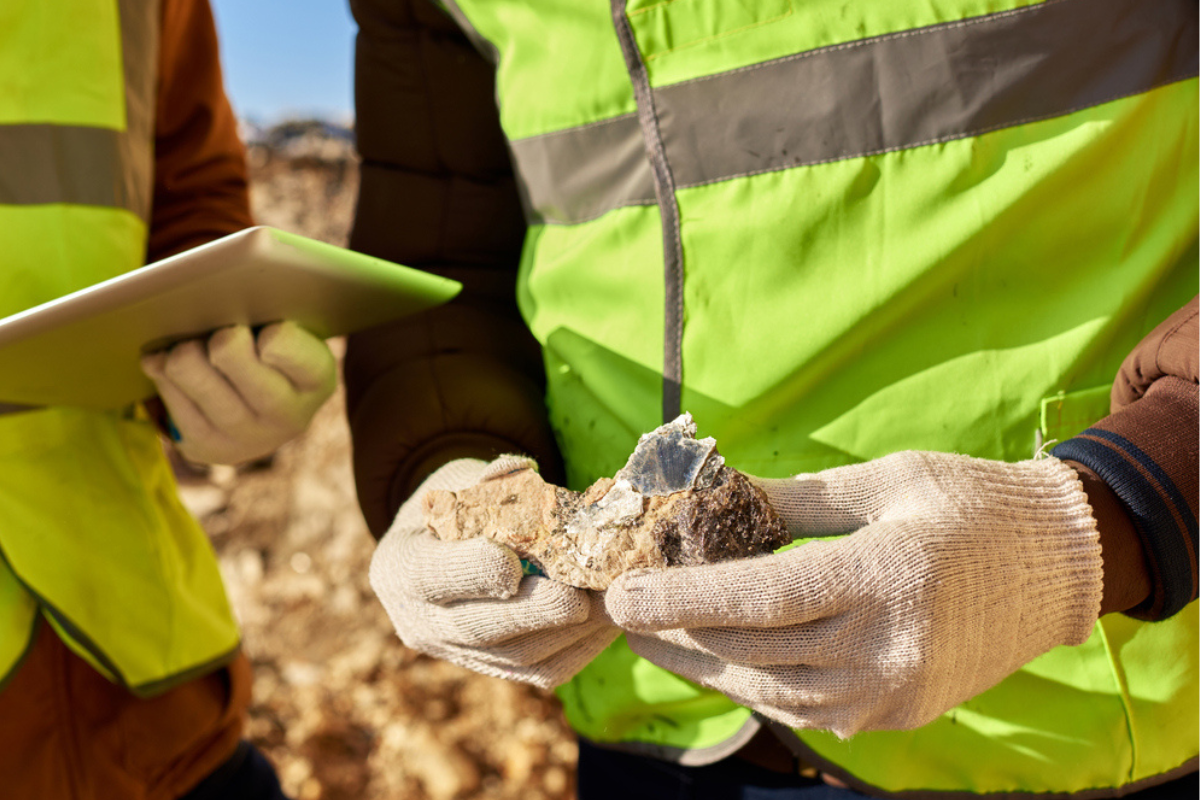Analysis by the World Bank shows how strongly the policies of major economies influence trade flows.
Critical minerals for the energy transition, such as lithium, nickel, and rare earths, are experiencing an unprecedented surge in demand due to global climate protection targets. This could open up new opportunities for resource-rich developing countries, particularly in Africa. However, an analysis by the World Bank shows that there is a lot of unexplored potential here. Domestic policy measures of large economies such as the United States significantly influence where foreign direct investment flows. The policies of these major players also strongly influence trade flows.
For example, the U.S. Inflation Reduction Act (IRA) benefits countries linked to the United States by a free trade agreement, such as Canada and Mexico. Since the adoption of this legislative package in 2022, U.S. investments in the raw material value chains of these countries have increased tenfold, from just under one to over ten million dollars, as the study shows. In contrast, only around five times as much was invested in countries without free trade agreements, which is hardly surprising, as free trade zones stand for fewer tariffs and the removal of further trade barriers. In addition, there is a risk that investments could be withdrawn from developing countries rich in natural resources. These nations could be important suppliers for the energy transition and, in turn, increase their economic output, according to the World Bank.
China, meanwhile, has long been active in this area and invests enormous sums in the infrastructure of other countries as part of its Belt and Road Initiative, also known as the “New Silk Road,” often securing access to raw materials in return. It is questionable whether Western players, such as the EU with its Global Gateway program, will be able to catch up, even if the greater participation of developing and emerging countries in green value chains has long been recognized as a necessity and initial steps have been taken.
Photo: iStock/SeventyFour


